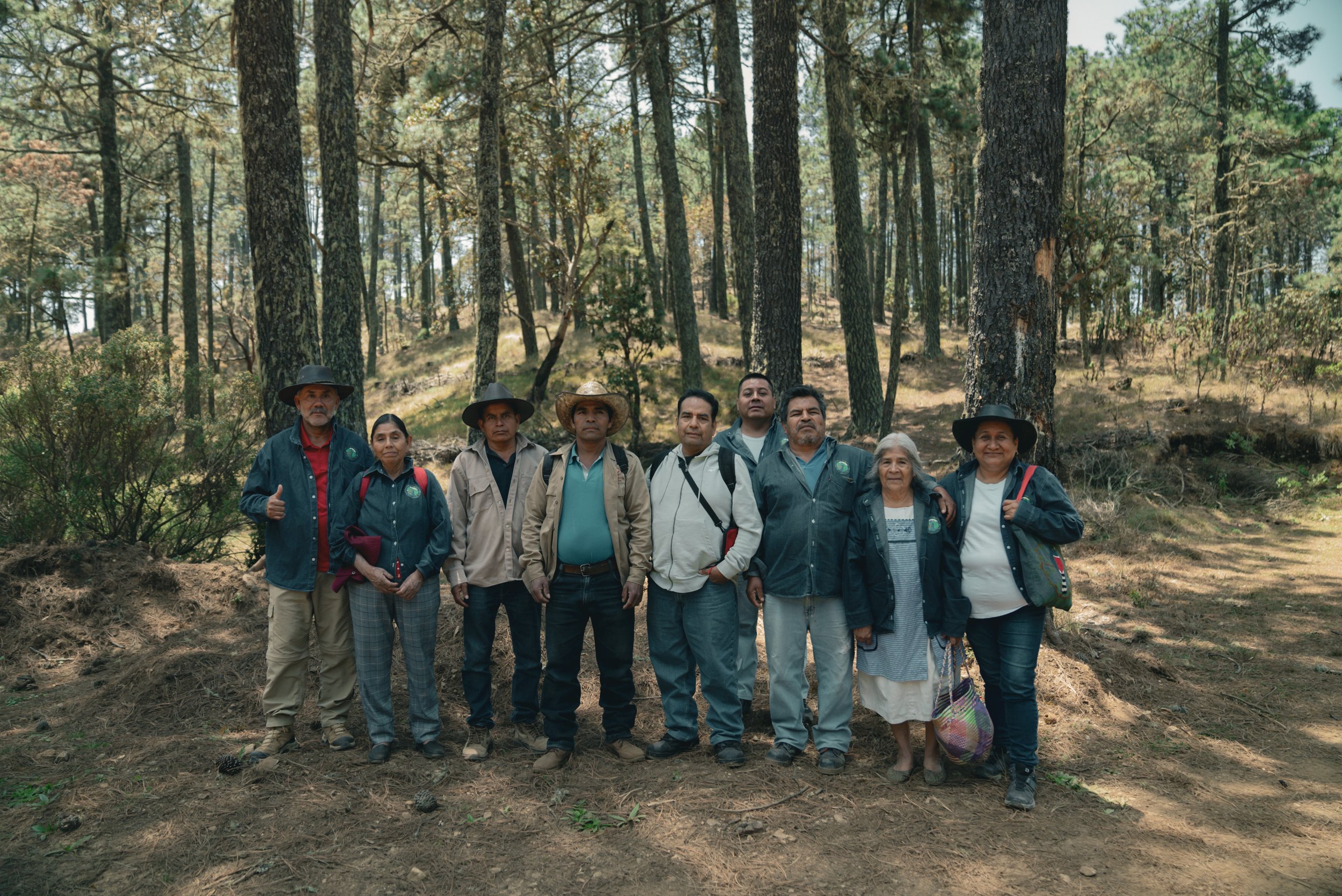Women Leaders Rising in Mexico
By Daniela Bueso, Director of the Central America Program
This year, I’ve had the privilege of traveling to Mexico twice. The first visit was a two-week-trip to Puebla, Veracruz, and Oaxaca to get to know our new potential partner Red Mocaf, visit their communities, meet their community leaders, and get to know the realities of each region. The second was a tour to Oaxaca, with a group of previous TWP Board members, family, and friends who wanted to learn about environmental efforts led by Red Mocaf, their history, culture, opportunities, and challenges they are facing.
On both occasions, I began to notice the rising leadership of women in every sector. Whether they were local woman leaders in their communities, members of their cooperatives, artisans, technicians, engineers, business owners, or tour guides; these women were breaking barriers, earning a dignified livelihood, and working in collaboration with their communities to improve their way of life. This leadership and rise of women has been a tough challenge for many years. Still, we learned that a lot of the shift began with the agrarian revolution and social movements led by Emiliano Zapata and Benito Juarez, that opened the door for communities to work TOGETHER.
As the Central America Program begins to look at potential partnerships in Mexico, we continue to be pleasantly surprised by how communities all around Mexico are guided by the term communality - “community organization of the original peoples or the set of physical, material, spiritual, and ideological elements that they share. Communality is based on the fulfillment of common obligations.” Those common obligations mean that both men and women get a chance to participate in the care of their natural resources and well-being, making it a more inclusive and respectful way of working together.
In Oaxaca, the Cooperative of San Andres de Huayapam works together to protect their forest and watershed on the outskirts of the city. They taught us about the value of the word “Tequio”. A term used by indigenous communities that refers to the task or collective work that each person owes to their indigenous community. This includes any gender, age, or representation. Members of this cooperative took great pride in their Tequios, and how much they value their diversity, commitment, and equitable opportunities. As one community leader said: “Everyone has something to contribute or teach us, so why not involve those who want to be a part of something great”.






